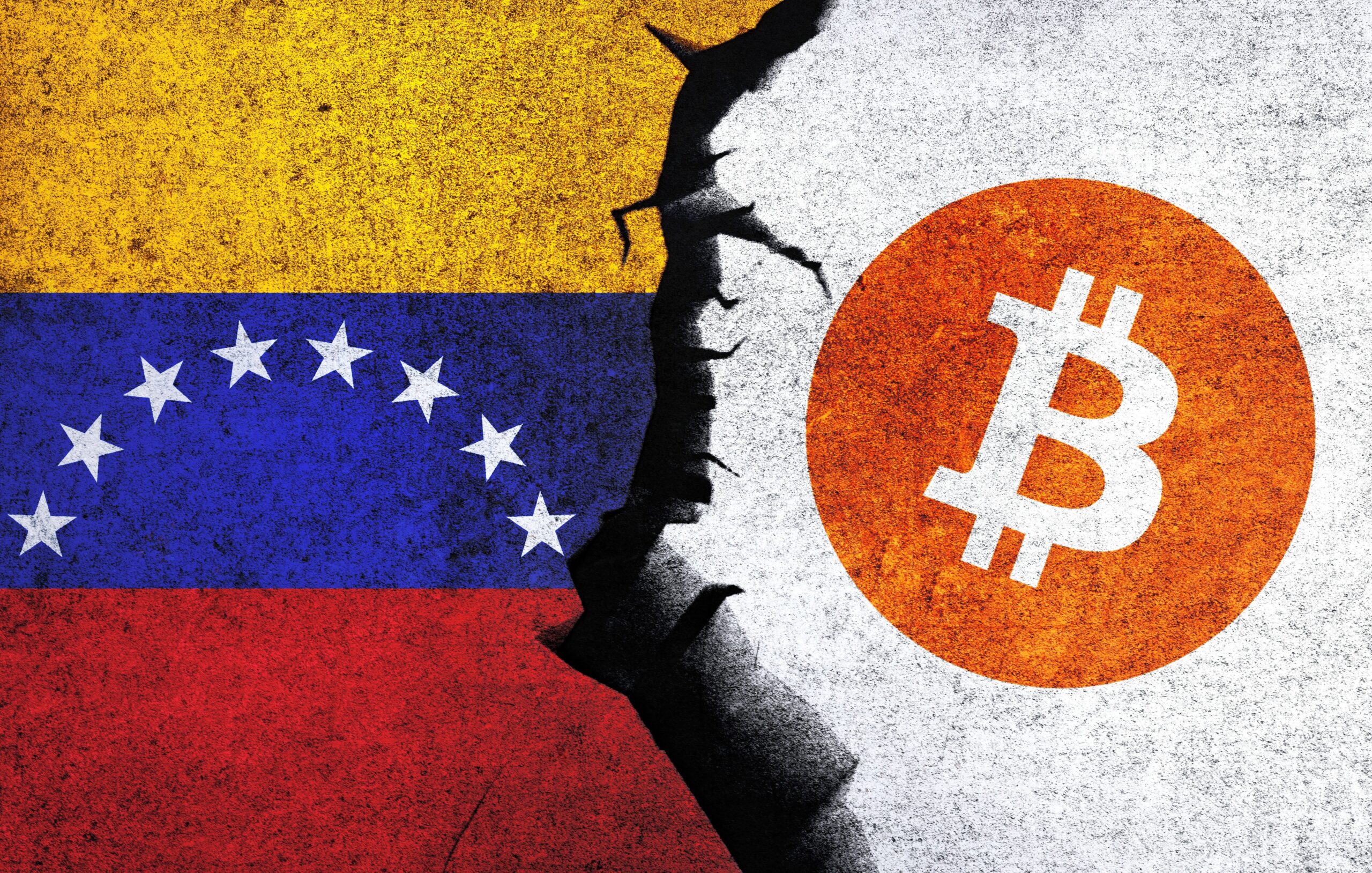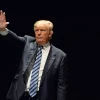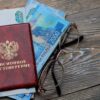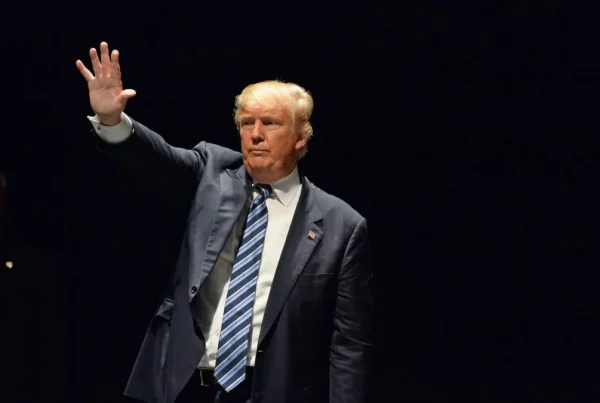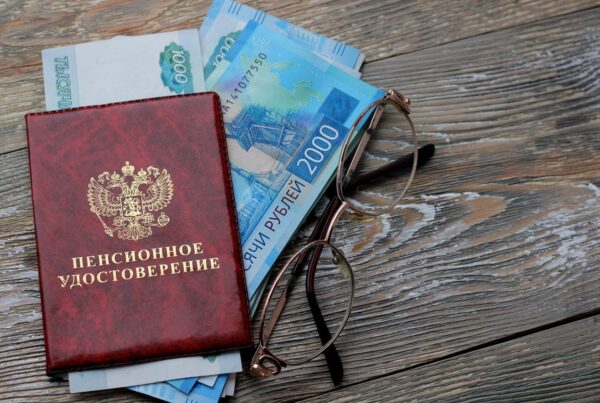Venezuela’s President Nicolás Maduro says he has “purged mafia influences” from his government’s crypto regulators after overseeing the arrest of one of his former right-hand men.
Earlier this week, Maduro green-lighted the arrest of Joselit Ramírez, the head of the Superintendencia Nacional de Criptomonedas (Sunacrip).
Sunacrip is the government body that supervises crypto-related policy.
The long-serving Ramírez was one of Maduro’s key allies and helped launch the state-run Petro (PTR) cryptoasset, as well as the Patria crypto remittances platform.
Several other state officials were also arrested.
In a televised address, Maduro stated that the former Sunacrip chief was being investigated over the disappearance of some $3 million worth of public funds.
The President said investigators had been monitoring Ramírez and others since October 2022, adding that “corruption-powered mafias” had been detected in both Sunacrip and “other government bodies.”
‘Hundreds’ Arrested as Maduro Drives out Crypto Agency’s ‘Mafia Links’
In 2020, the American Immigration and Customs Enforcement’s (ICE) Homeland Security Investigations Bureau placed a $5 million bounty on Ramírez.
ICE accused him of “having deep political, social and economic ties to multiple alleged narcotics kingpins.”
The media outlet Criptonoticias reported that among those arrested was Hugbel Roa, the former Minister of University Education.
Diosdado Cabello Rondón, the former Speaker of the National Assembly, was quoted as stating that while the identity of the other arrested officials was still being withheld, police were now quizzing “hundreds of detainees.”
Cabello added that this was the “first phase” of a wider anti-corruption operation.
Maduro claimed that the missing $3 million came from the sale of about 120 million barrels of state-owned oil to an unnamed overseas buyer.
Sunacrip has been overseeing the sale of oil and other goods to foreign entities – whereby bills are settled in crypto rather than USD.
The body has helped Venezuelan exporters evade American-led sanctions as Maduro remains at loggerheads with Washington.
The policy has reportedly led to Maduro amassing a “stash” of coins, including Bitcoin (BTC) and Ethereum (ETH).
In the bulletin published on March 23, the watchdog states that the legislation requires parties such as securities broker-dealers, investment advisors, and exchanges to register with the SEC, a state regulator and a self-regulatory body. In addition, companies and platforms engaged in lending or staking crypto assets may be liable to federal securities regulations.
In the past, the SEC has tried to prove that numerous cryptocurrency exchanges in the United States are operating illegally as unregistered securities exchanges. This opinion is one that SEC Chair Gary Gensler has expressed on several occasions.
This warning comes just one day after the action on Coinbase, which indicated a possible imminent enforcement action related to the exchange listing of potentially unregistered securities, was on the horizon.
